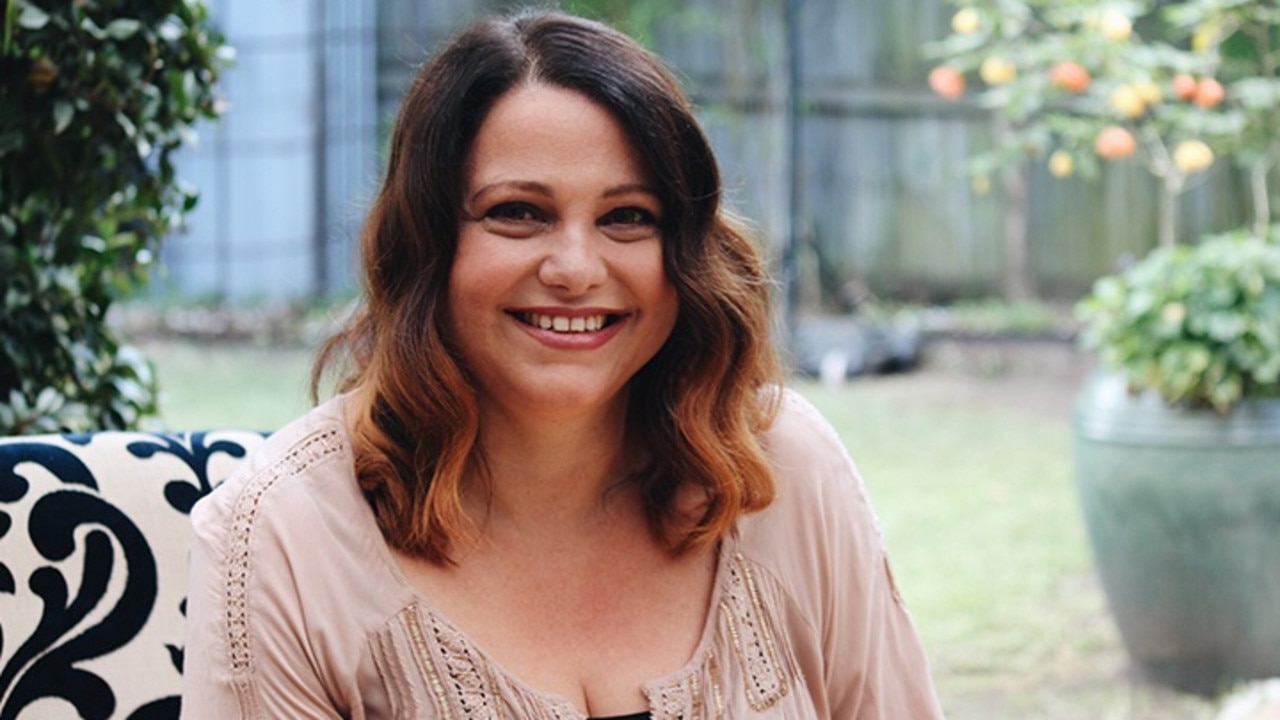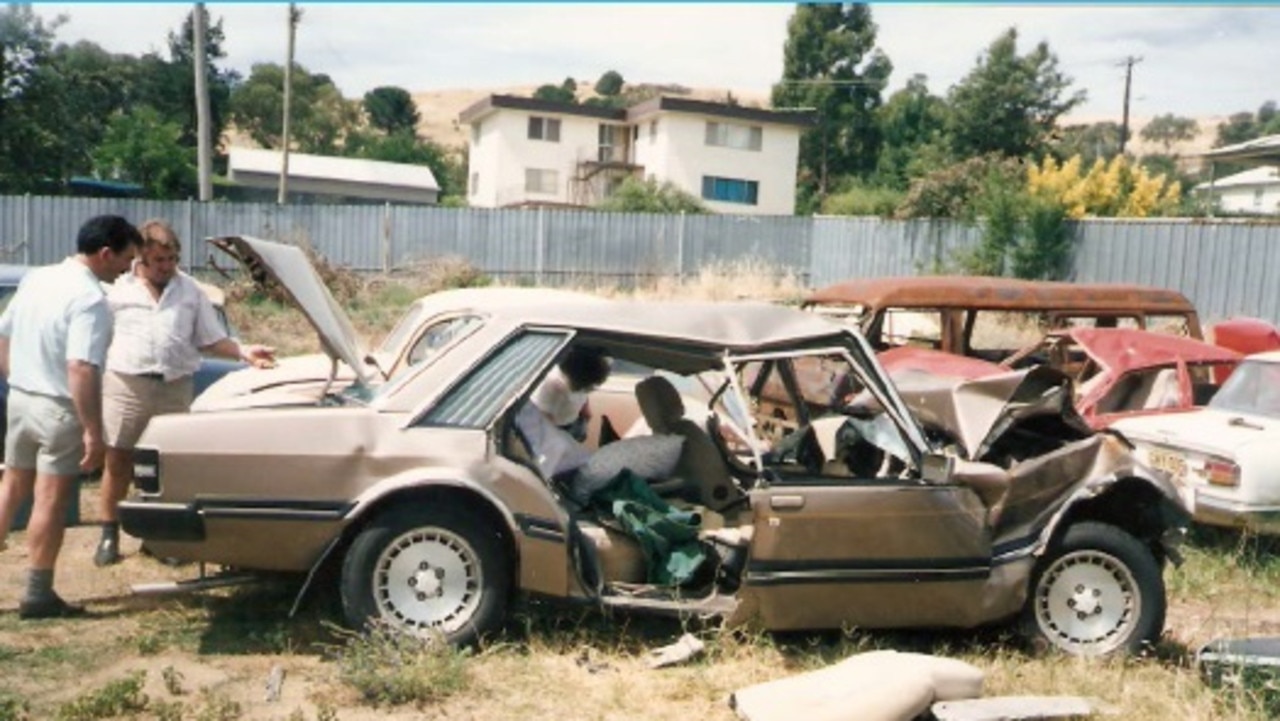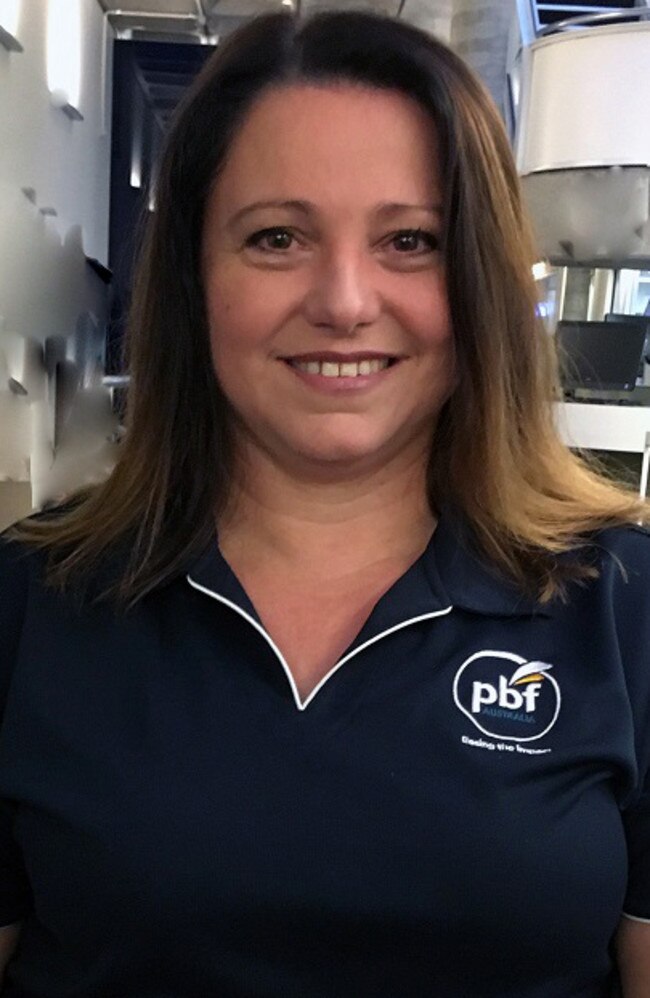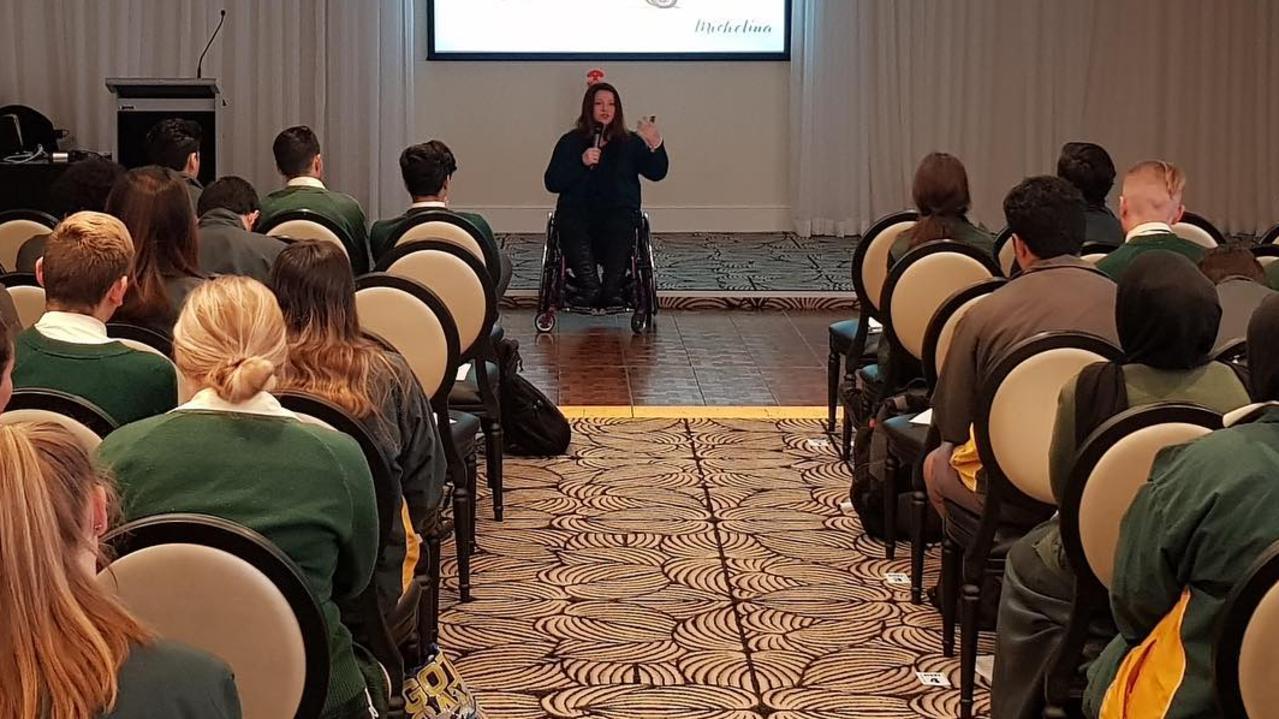The life-altering mistake Michelina Pelosi made in the car and why you should never do it
She made a simple decision — something many of us have done at some point in the car — but it changed Michelina Pelosi’s life forever.
It was the split-second decision, a simple error almost all of us would’ve made at some point in the car, that changed Michelina Pelosi’s life.
Her family had set off on a Boxing Day road trip from Sydney before dawn and four hours in, the then-18-year-old was struggling to keep her eyes open.
Ms Pelosi was a passenger in the back seat behind her uncle, who was driving, and decided to close her eyes for a while.
“I was trying to sleep with my head on a pillow against the window, but the seatbelt was chaffing,” Ms Pelosi recalled.
“After we got back in the car in Goulburn after a rest break, I slipped the shoulder bit to the side so I could be a bit more comfortable.”
Not long after, a car veered onto the wrong side of the road and smashed into her uncle’s vehicle head-on, killing him instantly.
“My dad was driving the car in front — we were in a two-car convoy. He managed to swerve just in time but our car copped it.”

The motorist who hit them was a 22-year-old man who fell asleep at the wheel and died about 15 minutes after the impact, trapped in the wreckage.
“Because of my seatbelt, I ended up hitting the seat in front and dropping behind it, with the lap part of my belt still on.”
Pretty quickly, it was clear that she was in a bad way, with the bottom half of her body going numb while she waited for an ambulance.
“I had a broken left ankle, three broken ribs on my left side, internal injuries including a bowel laceration, my spine broken from T12 to L2 with bone debris touching and bruising the spinal cord, a broken right elbow and a deep cut above my eye,” Ms Pelosi said.
“The girl next to me broke her back in the same place but she had her belt on properly so it was a break but her spinal cord was fine. She managed to walk away after her bones healed.”

Now 47, Ms Pelosi is a road safety advocate for the group PBF Australia and speaks in schools to students to share her story.
She wasn’t much older than most of them when her life was changed, not long after her final school exams and several weeks before she was due to start university.
“The thing the students get the biggest impact from is the seatbelt part — they say they do that all the time too,” Ms Pelosi said.
“One of my big takeaways is to wear your seatbelt properly. But also, my story teaches them things they didn’t know. Just like back in the day, when I didn’t know anything about spinal injury until it happened to me.”
Ms Pelosi never made it to her university course — hospitality at the University of New South Wales — because she wasn’t able to manage the physicality of her dream career.
“I ended up doing a business degree at UTS instead. I’ve done mostly office management roles throughout my career.
“Full-time work wasn’t something I could do. I found after doing that, my health deteriorated. I had to cut it back to three or four times a week. Career took a bit of a back seat because the opportunities are different with part-time work.”
In recent years, she has turned to education and training, tailoring her work to the disability and road safety sectors.
Ms Pelosi is particularly passionate about talking to young people, who mostly think serious crashes won’t happen to them.
“Hopefully they’ll think twice before doing risky behaviour on the road,” she said.
RELATED: Road safety quiz proves too difficult for many drivers

There are realities of spinal injury that most people don’t appreciate, Ms Pelosi said. For her, not being able to walk is the least of it.
“Your bladder and bowels and sexual function are affected straight away. To me, that was the real injury — not the physical stuff with the spine, but the way you see yourself. That’s the most damaging.
“You’re left with emotional baggage that takes years and years to unravel.
“It’s the stuff that no one thinks about. You think of spinal injury being about not walking. That’s the least of my worries. That’s not the thing I wish I could have back. It’s getting my bladder back 100 per cent that would make my life so different.”

Early on, though, she felt “lucky” given how much worse the permanent outcomes of her injuries could’ve been.
“I was in intensive care and the guy next to me was a quadriplegic; he came off a motorbike. I’ll never forget this day I asked the nurse and she handed me a drink, which I could hold and drink. I looked at him and he couldn’t — he had it held with a straw to his mouth.
“I thought, it could be worse. I’ll be OK. It takes time though. You go through the grieving stages.
“Around the 10-year mark, I found I had stopped talking about my life as being before the accident and after the accident. Before was great and after wasn’t. Instead, I caught myself talking about my life and the accident being part of it.”
Learning to be patient was the biggest struggle, she said.
Having to ask for help, struggling with uneven pavements and steep gutters, not being able to do things as quickly or simply as she would like — it all takes time to come to terms with.
And love took a little while to come about, Ms Pelosi said.
“It took me 27 years to meet a partner. I met someone two years ago — it took me a long time to get there. You don’t feel worthy or like you’d be enough for someone. It knocks your confidence.
“I got to a point where I could let go of it and accept myself for who I am. It’s an interesting place to be — it’s nice.”
Of all the things Ms Pelosi is grateful for, one of the biggest is not being able to remember anything from the day of the crash.
“From the moment I got in the car in Goulburn and fell asleep, I have no recollection at all until I was in a plane being flown to hospital in Sydney the next day,” she said.
“I was conscious though and talking to my parents, but my mind doesn’t remember it. It’s like it was blocked out. That seems to be a common thing.
“It’s a blessing, I think. It’s my body’s way of coping with the trauma.”
Visit the PBF Australia website for more information on their programs and advocacy work




